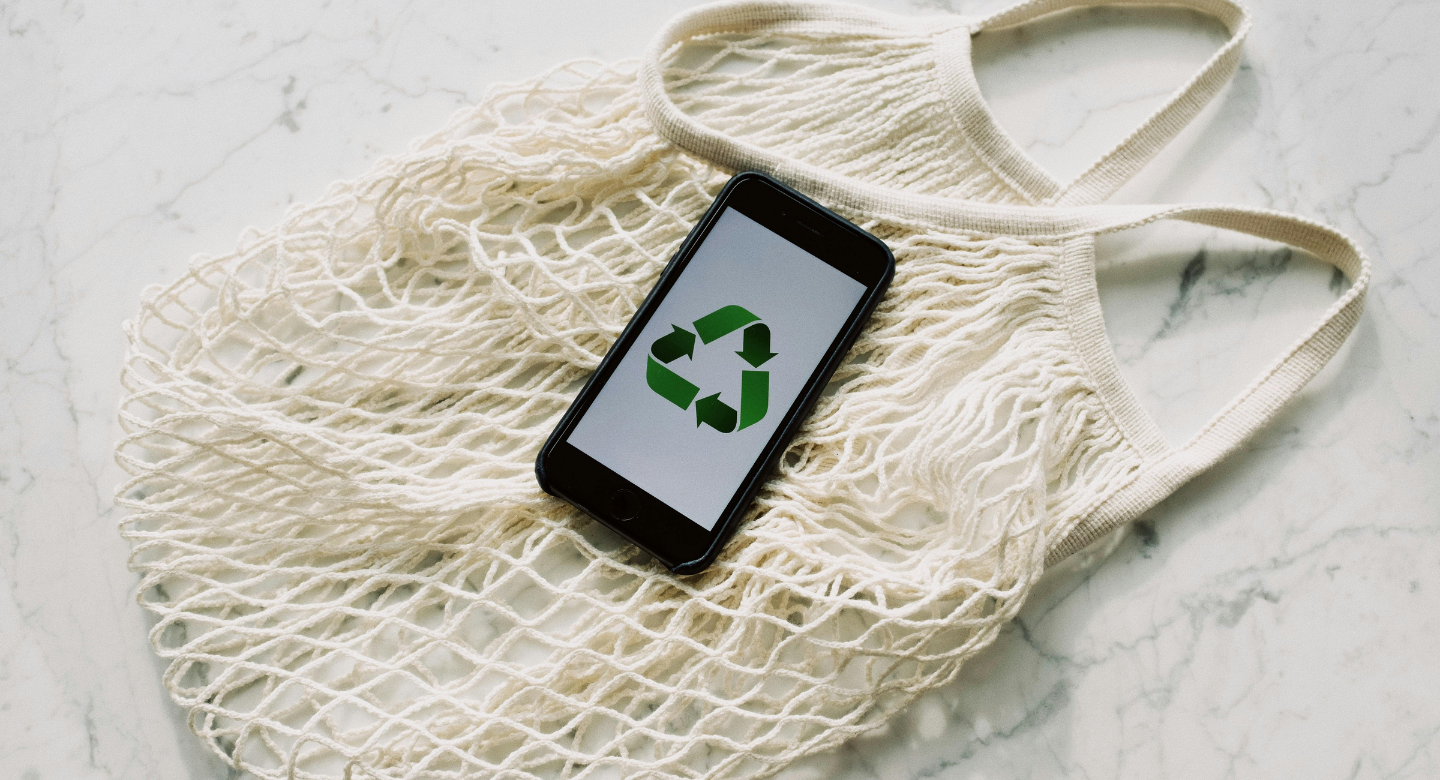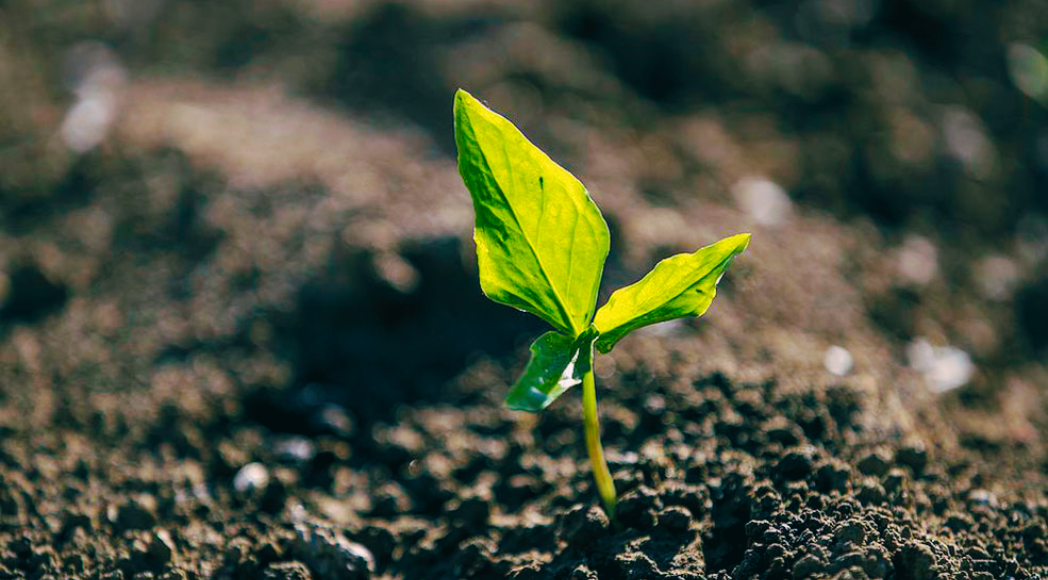
Start Your Zero-Waste Journey with These Essentials

Zero-waste is a philosophy aimed at minimizing waste by redesigning resource life cycles, promoting the idea that all materials should be reused, recycled, or composted, thereby reducing landfill contributions.
-
Significance in Sustainable Living: Embracing zero-waste practices contributes to environmental sustainability by conserving natural resources, reducing pollution, and mitigating climate change impacts through responsible consumption and waste management.
-
Core Principles: The zero-waste movement is built on principles such as refusing unnecessary items, reducing consumption, reusing products, recycling materials, and composting organic waste, fostering a circular economy that benefits both people and the planet.
The Importance of Reducing Waste
-
Environmental Impact: Reducing waste is crucial for minimizing pollution and conserving natural resources, as landfills contribute to greenhouse gas emissions and habitat destruction, directly affecting biodiversity and climate stability.
-
Resource Conservation: By decreasing waste production, we can significantly lower the demand for raw materials, leading to less energy consumption and reduced environmental degradation associated with extraction and manufacturing processes.
-
Economic Benefits: Waste reduction saves money for individuals and businesses through decreased disposal costs and fosters innovation in sustainable practices, creating new job opportunities in recycling and green industries.
Key Principles of Zero-Waste Living
-
Refuse Unnecessary Items: The first principle of zero-waste living is to refuse items that are not essential, such as single-use plastics and promotional materials, which helps prevent waste before it is created and encourages mindful consumption.
-
Reduce Consumption: Focus on reducing overall consumption by choosing quality over quantity, purchasing only what you need, and opting for second-hand items, which minimizes waste generation and promotes a more sustainable lifestyle.
-
Reuse and Repair: Emphasize the importance of reusing items whenever possible and repairing broken products instead of discarding them, fostering a culture of sustainability that extends the life cycle of materials and reduces landfill contributions.
Benefits of a Zero-Waste Lifestyle
-
Environmental Preservation: Adopting a zero-waste lifestyle significantly reduces the amount of waste sent to landfills, decreasing pollution and conserving natural resources, contributing to a healthier planet.
-
Cost Savings: By minimizing waste and focusing on reusable products, individuals can save money over time through reduced purchasing of disposable items and lower waste disposal fees, making it an economically viable choice.
-
Enhanced Community Engagement: Embracing zero-waste practices fosters a sense of community as individuals often collaborate on local initiatives, share resources, and support sustainable businesses, strengthening social ties and promoting collective environmental responsibility.
Essential Swaps for a Zero-Waste Home
Bamboo Toothbrush: A Sustainable Choice
-
Eco-Friendly Material: Bamboo toothbrushes are made from sustainable bamboo, a fast-growing plant that requires minimal resources to cultivate, making them a more environmentally friendly alternative to plastic toothbrushes.
-
Compostable Design: Unlike traditional plastic toothbrushes, bamboo toothbrushes are fully compostable, allowing users to dispose of them in an eco-conscious manner that reduces landfill waste and contributes to soil health.
-
Healthier Oral Care: Bamboo toothbrushes often feature natural bristles, which can be gentler on gums and teeth compared to synthetic options, promoting better oral hygiene while minimizing exposure to harmful chemicals found in some plastics.
Steel or Glass Food Containers: Healthier Alternatives
-
Durability and Longevity: Steel and glass food containers are designed to withstand wear and tear, making them a long-lasting investment that reduces the need for frequent replacements, ultimately minimizing waste.
-
Chemical-Free Storage: Unlike plastic containers, steel and glass do not leach harmful chemicals into food, ensuring safer storage options that help maintain the integrity and quality of your meals.
-
Versatile and Eco-Friendly: These containers are suitable for various food types, can be used in microwaves or ovens (glass), and are fully recyclable at the end of their life cycle, supporting a sustainable lifestyle.
Reusable Shopping Bags: Reducing Plastic Use
-
Environmental Benefits: Reusable shopping bags significantly reduce the reliance on single-use plastic bags, which contribute to pollution and wildlife harm, promoting a cleaner environment and healthier ecosystems.
-
Durability and Cost-Effectiveness: Made from sturdy materials, reusable bags are designed to last for years, providing a cost-effective solution as they eliminate the need for frequent purchases of disposable bags.
-
Versatile Usage: Beyond grocery shopping, reusable bags can be utilized for various purposes such as beach trips, gym visits, or everyday errands, making them a practical addition to any sustainable lifestyle.
Compost Bin: Transforming Waste into Resource
-
Benefits of Composting: Composting reduces landfill waste by recycling organic materials, which decreases methane emissions and enriches soil health, promoting sustainable gardening practices.
-
Types of Compost Bins: Various compost bin options are available, including tumblers, bins, and worm composters, each designed to suit different spaces and composting needs, making it accessible for everyone.
-
Composting Process: The composting process involves layering green (nitrogen-rich) and brown (carbon-rich) materials, maintaining moisture and aeration, accelerating decomposition, and transforming waste into nutrient-rich compost.
Sustainable Practices for Daily Life
Rechargeable Batteries: A Smart Investment
-
Environmental Impact Reduction: Utilizing rechargeable batteries significantly decreases the amount of hazardous electronic waste generated, as they can be reused hundreds of times, thereby minimizing landfill contributions and reducing environmental pollution.
-
Cost Efficiency Over Time: Although the initial investment in rechargeable batteries may be higher, their longevity and reusability lead to substantial savings in the long run, as users spend less on disposable batteries and reduce overall waste management costs.
-
Support for Renewable Energy: Rechargeable batteries are often compatible with renewable energy systems, such as solar power, allowing users to store energy efficiently and promote a sustainable lifestyle that aligns with zero-waste principles.
Stainless Steel Straws: Ditching Plastic
-
Sustainable Material Choice: Stainless steel straws are made from durable, recyclable materials that significantly reduce plastic waste, contributing to a cleaner environment and promoting sustainable consumption practices.
-
Health and Safety Benefits: Unlike plastic straws, stainless steel straws do not leach harmful chemicals into beverages, ensuring a safer drinking experience while also being easy to clean and maintain for repeated use.
-
Versatile and Stylish: Available in various sizes and designs, stainless steel straws can enhance the aesthetic of any drink while being suitable for both hot and cold beverages, making them a practical and fashionable alternative to single-use plastics.
Cloth Napkins: Reducing Paper Waste
-
Sustainable Material Choice: Cloth napkins are typically made from natural fibers such as cotton or linen, which are biodegradable and can be reused multiple times, significantly reducing the demand for single-use paper products.
-
Cost-Effective Solution: While the initial investment in cloth napkins may be higher than paper ones, their durability and reusability lead to long-term savings, as they eliminate the need for constant repurchasing of disposable napkins.
-
Enhanced Dining Experience: Using cloth napkins adds a touch of elegance to meals, making dining occasions feel more special while also promoting a sustainable lifestyle that prioritizes eco-friendly choices.
Incorporating Reusables into Your Routine
-
Daily Essentials Integration: Start by identifying key areas in your daily routine where you can easily incorporate reusable items, such as using a stainless steel water bottle instead of single-use plastic bottles to stay hydrated sustainably.
-
Mindful Shopping Practices: When shopping, bring your reusable bags and containers to reduce reliance on disposable packaging and consider purchasing in bulk to minimize waste while saving money on frequently used items.
-
Creating a Sustainable Home Environment: Establish designated spaces for your reusable items, like a drawer for cloth napkins and a shelf for glass containers, making it convenient to access them and encouraging consistent use in your household.
Setting Realistic Zero-Waste Goals
-
Assess Your Current Waste: Begin by evaluating your current waste production to identify key areas for improvement; this will help you set specific, measurable goals that are achievable within your lifestyle.
-
Set Incremental Targets: Establish small, incremental goals rather than aiming for complete zero-waste immediately; for example, start by reducing single-use plastics or committing to composting kitchen scraps to build momentum.
-
Celebrate Progress and Adjust: Regularly review your progress towards your goals and celebrate small victories; be flexible and willing to adjust your targets as needed to ensure they remain realistic and motivating.
Community Resources and Support
-
Local Zero-Waste Groups: Many communities have local zero-waste groups or organizations that offer workshops, resources, and support for individuals looking to adopt a zero-waste lifestyle, fostering a sense of community and shared learning.
-
Recycling and Composting Programs: Local governments often provide recycling and composting programs that educate residents on proper waste disposal methods, helping to reduce landfill contributions and promote sustainable practices within the community.
-
Online Resources and Forums: Numerous online platforms and forums exist where individuals can share tips, experiences, and resources related to zero-waste living, creating a supportive network for those seeking guidance and inspiration on their journey.
Tracking Your Progress and Celebrating Success
-
Establishing Metrics for Success: Define clear metrics to track your zero-waste journey, such as the amount of waste diverted from landfills, the number of reusable items adopted, and the reduction in single-use products, allowing for measurable progress assessment.
-
Regular Reflection and Adjustment: Schedule regular check-ins to reflect on your achievements and challenges; this practice helps identify areas for improvement and reinforces commitment to your zero-waste goals while celebrating milestones along the way.
-
Community Engagement and Sharing: Engage with local or online zero-waste communities to share your progress and successes; celebrating achievements with others fosters motivation, provides support, and encourages collective action towards sustainable living.
Conclusion
Starting on a zero-waste journey is not only a powerful step toward protecting the environment but also a rewarding way to simplify your life, reduce expenses, and build stronger community connections. By adopting sustainable practices like refusing single-use items, reducing consumption, reusing materials, and composting, you contribute to a circular economy that benefits both people and the planet. Incorporating essential swaps, such as bamboo toothbrushes, steel containers, and reusable shopping bags, helps you reduce waste and support a healthier ecosystem. Start small, track your progress, and celebrate every milestone as you move closer to living a zero-waste lifestyle. Together, we can make a meaningful difference in reducing waste and protecting the Earth's resources for future generations.
Frequently Asked Questions (FAQs) on Zero Waste
What is the zero-waste philosophy?
Zero-waste is a philosophy aimed at minimizing waste by reusing, recycling, and composting materials to reduce landfill contributions and promote sustainability.
Why is reducing waste important?
Reducing waste helps conserve natural resources, minimizes pollution, decreases landfill contributions, and reduces the demand for energy-intensive raw materials.
What are some essential items for starting a zero-waste lifestyle?
Essential items include bamboo toothbrushes, reusable shopping bags, steel or glass food containers, compost bins, rechargeable batteries, stainless steel straws, and cloth napkins.
How does composting contribute to zero-waste living?
Composting recycles organic materials, reducing landfill waste and methane emissions while enriching soil health for sustainable gardening.
Are there any economic benefits to adopting a zero-waste lifestyle?
Yes, zero-waste living saves money by reducing the need to purchase disposable items, lowering waste disposal costs, and encouraging long-term use of reusable products.
What is the role of community support in zero-waste living?
Community groups and local resources provide education, support, and opportunities to share experiences, making it easier to adopt zero-waste practices and fostering collective environmental responsibility.
How can I integrate zero-waste practices into my daily life?
Start by incorporating reusable items such as bags, containers, and water bottles, and make mindful shopping choices, such as buying in bulk and avoiding single-use plastics.
What are some realistic goals for starting a zero-waste journey?
Begin with small, achievable goals like reducing single-use plastic or composting food waste, and gradually build upon your efforts to reach a more sustainable lifestyle.
How do I track my progress in zero-waste living?
Set measurable goals, such as reducing the amount of waste sent to landfills or increasing the number of reusable items in your home, and regularly assess your progress.
Can a zero-waste lifestyle help combat climate change?
Yes, zero-waste living reduces greenhouse gas emissions from landfills and decreases the environmental impact of producing and disposing of materials, thus contributing to climate change mitigation.
Scoutripper
Related content
Interdum et malesuada fames







